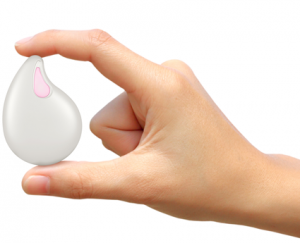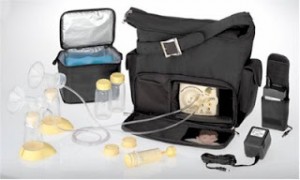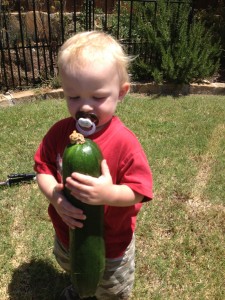Last weekend was an intense educational experience for our family. We spent the weekend in western Pennsylvania visiting the sustainable “beyond organic” farm of an old law school friend.
The paths of lawyers and farmers usually only cross at an upscale, yuppie farmers market. Fortunately for us, we were blessed to have known our farmer friend before he became a farmer’s market supplier.
Farmer Dave was an old law school classmate of Mr. Red. Despite a stellar first year performance, Dave decided that law school wasn’t for him. Instead, Dave and his beautiful wife Mandy took a big risk – a risk many of us crunchy folks talk about taking, but few ever actually take. Dave and Mandy packed their bags, moved in with Mandy’s parents, and started working towards owning their own sustainable farm.
In the Omnivore’s Dilemma, Michael Pollan spends some time on Joel Salatin’s Polyface Farm. At one point, Salatin lets Pollan know that part of the problem with modern farming is that all the A students have left the farms for higher paying prestigious jobs. Salatin laments that most of today’s farmers are C students. In his book, Pollan clearly illustrates that good, local, sustainable farming takes brains. And like Salatin, Farmer Dave has the brains.
So what happens when an A student goes back to the land for a living?
We arrived on Saturday afternoon to Dave’s home atop a scenic hill in the country. Dave built the house himself. It is designed to be tremendously energy efficient, and includes a row of windows on the south side of the house. These windows provide heat for their well-insulated home. Inside these windows Dave grows herbs and other plants.
In the field, Dave grows a variety of crops. But Dave focuses the bulk of his energy on raising organic chickens and turkeys. The chickens we saw were beautiful little creatures. My daughter Gianna went right into the chicken pen and picked up a chicken.
Dave moves the pens daily so that the chicken poop can fertilize different parts of the field for his crops. Dave also raises some egg-laying chickens. The turkeys are kept in a larger, fenced area but, like the chicken pens, Dave regularly moves the fencing. During our tour of the turkey pen we first met “our turkey.”
Before the visit, Dave joked that instead of just buying our Thanksgiving Turkey from him, Mr. Red should butcher our turkey. Mr. Red nervously agreed. Dave then took us and our Thanksgiving turkey (and five other turkeys) over to his butchering station (shown below).
It’s a clever open-air station very similar to the Polyface arrangement described in Omnivore’s Dilemma. I won’t describe it in detail, but it’s a very respectful and simple butchering process. Mr. Red made the fatal cut to the throat and I helped with the gutting. I’ve written before about organic living and the importance of being “close” to our food. This was a whole new level of closeness.
It was a really incredible experience to take such responsibility for one’s meat-eating. Mr. Red described it as a “spiritual experience.” We even blessed the bird. And bless him we should. He is a wonderful creature, made by God and worthy of respect. It’s wonderful to see a farmer whose work incorporates those values.
The butchering and cleanup took the rest of the daylight. The next day, we briefly visited the farm of Mandy’s parents (Farmer Dave’s in-laws). The kids fed their pigs, pet their beautiful horses, and jumped in the back of a pickup truck to watch the farm dog chase around a large herd of cattle. What more could a kid ask for?
Dave and his family are doing a great thing. Their farming not only uses the land, but nourishes it. The problems of factory farming may seem overwhelming, but to a little plot of land atop a hill in Western PA, Farmer Dave is making a difference.
So the next time your local, beyond organic farmer wants an extra dollar per pound for his meat, remember Farmer Dave, and remember that your extra dollar is going to support something more than just a tasty chicken.











